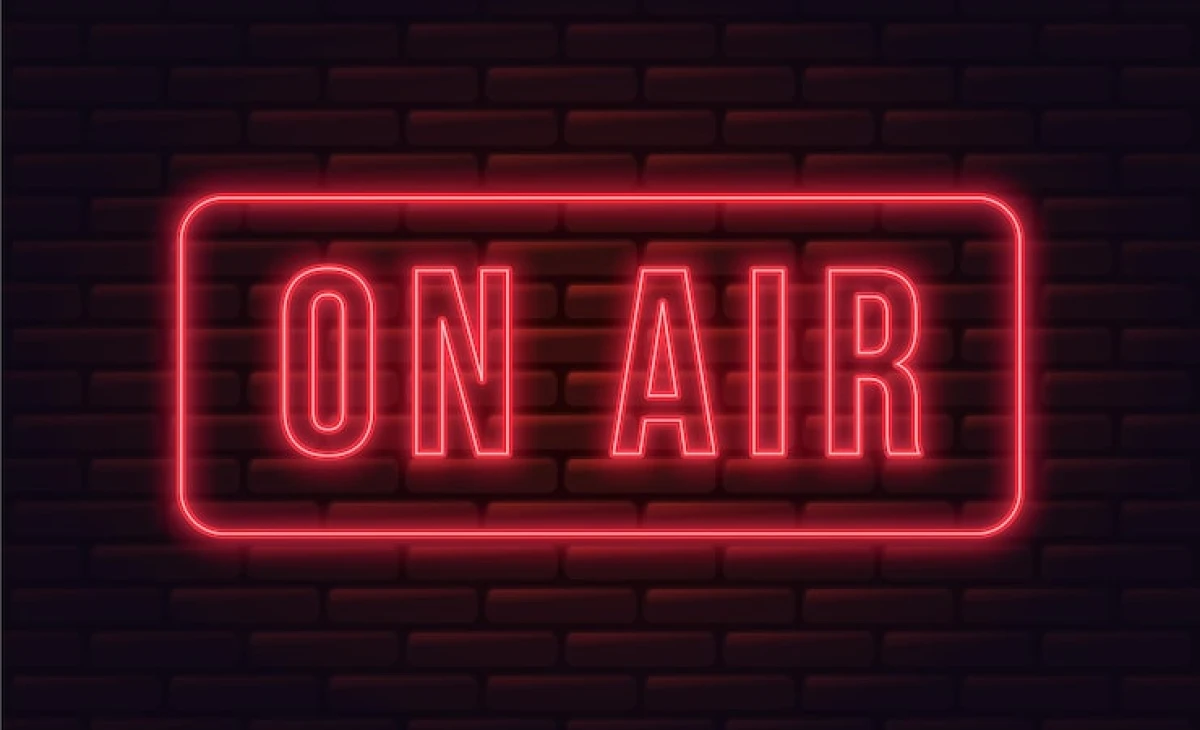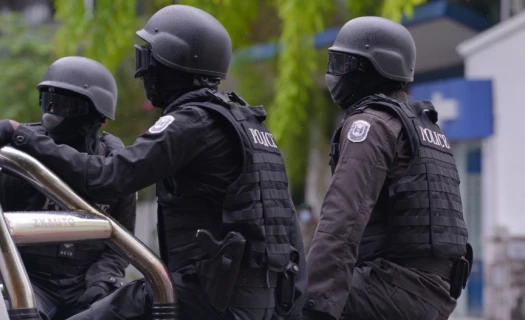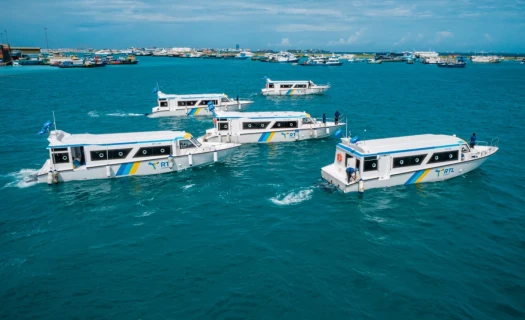Sat, 07 Feb 2026
|DHIVEHI
Broadcasting, politics, and the pursuit of peace in the Maldives
04 Oct 2025
|

Broadcasting, politics, and the pursuit of peace in the Maldives --
Communication has always been at the heart of human progress, and in the Maldives broadcasting continues to shape the way society understands itself, its government and the wider world. On 4 October, as the nation commemorates National Broadcasting Day, it is worth reflecting on the extent to which broadcasters have become not just conveyors of information but central players in democracy, identity, and social peace.
The responsibility carried by broadcasters goes far beyond reporting the headlines. Their work informs citizens about world events and domestic policies, but also extends to public education on matters as varied as health, environmental protection and cultural heritage. In the Maldivian setting, this responsibility has an additional layer: to reinforce Islamic principles and Maldivian values, serving as a mirror of national identity.
It is striking that the Maldives’ broadcasting journey began over six decades ago, with the launch of radio services in December 1962 and the arrival of television in 1978. For decades, broadcasting remained under government monopoly until reforms in 2006 allowed private operators to enter the field. That transition reshaped the media landscape, opening space for greater diversity but also ushering in new challenges. Today, radio, television and digital platforms exist in abundance, yet questions of responsibility and credibility loom larger than ever.
Nowhere is this more visible than in the intersection between broadcasting and politics. In a young democracy still grappling with division and polarisation, the way issues are framed on air or online can tip the balance between constructive debate and destructive discord. Responsible journalism strengthens democracy by encouraging dialogue and exposing wrongdoing. Irresponsible broadcasting, by contrast, can mislead, deepen mistrust and even destabilise peace. For Maldivian broadcasters, the burden is therefore twofold: to report truthfully and to maintain the delicate balance of social harmony in a politically charged environment.
Technology adds yet another layer of complexity. The rise of digital broadcasting, internet streaming and social media has revolutionised how Maldivians consume information. Yet with these innovations comes the temptation to prioritise speed and sensationalism over accuracy and depth. In a small society where rumours spread quickly, the line between information and polarisation is dangerously thin. Broadcasters must therefore adapt to new platforms without losing sight of their ethical obligation to truth and fairness.
Ultimately, broadcasting in the Maldives is not simply a profession. It is an institution of nation-building. It preserves cultural identity, strengthens democracy, and nurtures peace. But this influence can cut both ways. When used responsibly, it unites people around shared values; when misused, it can fracture trust and sow discord. As the country continues to evolve, the challenge for Maldivian broadcasters is to embrace innovation without sacrificing integrity, ensuring their service continues to enrich lives while safeguarding the stability of the nation.








